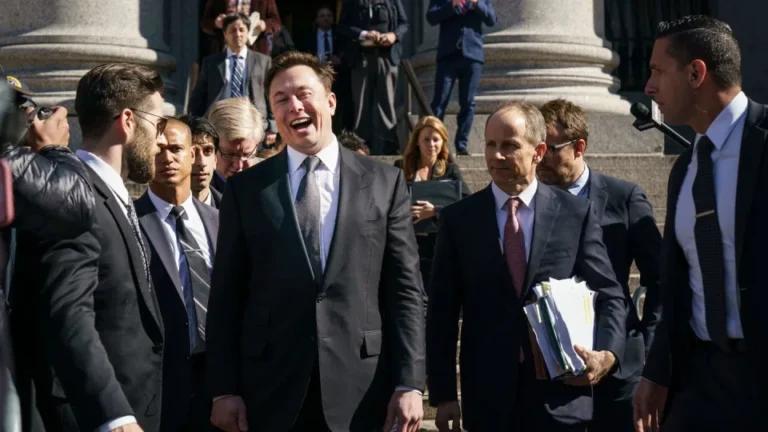They were too lazy to respond.
A settlement reached by the Securities and Exchange Commission in 2018 over Elon Musk’s infamous “funding secured” tweet was dismissed by the Supreme Court of the United States on Monday. Musk’s attempt to toss out the agreement, which forced him to pay fines, step away from Tesla’s board, and have his tweets pre-screened by a lawyer, was ultimately unsuccessful, according to Ars Technica. The court, which has a conservative majority, took a break from deciding whether or not the President of the United States should be above the law in order to reach its decision.
The petition submitted by Musk was refused by the court without any comment. The decision of an appeals court from a year ago that dismissed the Tesla founder’s claims of victimhood remains in effect as a result of their refusal to take up the appeal of the billionaire.
In 2018, Musk expressed his interest in taking Tesla private by tweeting, “Am considering taking Tesla private at $420.” The funding has been secured.” Moreover, he added, “The support of investors has been confirmed.” The fact that this information is dependent on the vote of shareholders is the only reason why it is not certain. An increase of more than six percent was seen in Tesla’s stock.
Despite the fact that the finance was not secured, there was only one little issue: the Securities and Exchange Commission regards incorrect representations that influence investors very seriously. “Musk had not even discussed, much less confirmed, key deal terms, including price, with any potential funding source,” the Securities and Exchange Commission (SEC) stated. Additionally, the SEC stated that Musk “knew that he had not satisfied numerous additional contingencies.” The government agency asserted that the post was responsible for “significant confusion and disruption in the market for Tesla’s stock.”
The SEC settlement was a significant blow to his finances, as it mandated that Musk and Tesla each pay a penalty of twenty million dollars. Additionally, he was required to resign from his position as board chairman at the automobile manufacturer and to have a Tesla attorney review any tweets that were linked to investors before they were posted. It should come as no surprise that Musk eventually purchased Twitter and rebranded it as X. At the very least, that is proceeding wonderfully!
According to his appeal, the settlement compelled him to “give up his First Amendment rights to speak on matters that range far beyond the charged violations.” According to Musk, who is presently believed to have a net worth of $185 billion, he claimed that he was a victim of “economic duress” when he agreed to the deal, which he described as a strategy to “muzzle and harass” both him and his company.
The reasons that Musk presented were rejected by the appeals court of the Second Circuit, whose decision will now be the supreme authority on the subject. They stated that parties who enter into consent decrees have the ability to voluntarily renounce their rights under the First Amendment as well as other rights. The court of appeals found that there was “no evidence to support Musk’s contention that the SEC has used the consent decree to conduct bad-faith, harassing investigations of his protected speech.”

